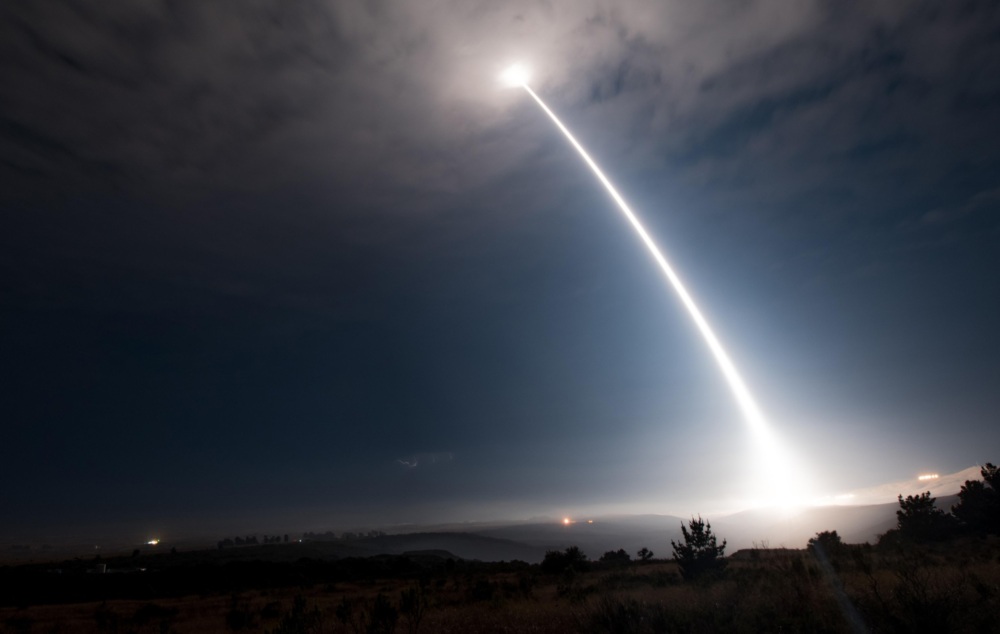
U.S. Nuclear Policies for a Safer World
NTI Co-Chairs Ernest J. Moniz and Sam Nunn call on the United States to resume a position of global leadership to reduce the risks posed by nuclear weapons.
Expertise Nuclear Weapons Policy, US-Russia
Steve Andreasen is a national security consultant to the Nuclear Threat Initiative and its Nuclear Security Project in Washington, D.C., and teaches courses on National Security Policy and Crisis Management in Foreign Affairs at the Hubert H. Humphrey School of Public Affairs, University of Minnesota.
He served as director for defense policy and arms control on the U.S. National Security Council at the White House from February 1993 to January 2001. He was the principal advisor on strategic policy, nuclear arms control and missile defense to the National Security Advisor and the President. During the Bush Sr. and Reagan Administrations, Andreasen served in the U.S. State Department’s Bureau of Politico-Military Affairs and the Bureau of Intelligence and Research, dealing with a wide-range of defense policy, arms control, nuclear weapons and intelligence issues.
In 2002, Andreasen was the Democratic candidate for Congress in Minnesota’s first Congressional District.
His articles and opinion pieces have been published in Foreign Affairs, Survival, The Washington Post, Los Angeles Times, Minneapolis Star Tribune, St. Paul Pioneer Press, Boston Globe, San Jose Mercury News, San Francisco Chronicle, Philadelphia Inquirer, Baltimore Sun, Politico, Arms Control Today, Strategic Survey, In the National Interest and the Guardian.
As a presidential management fellow, he served as a special assistant to Ambassador Paul H. Nitze in the U.S. State Department, focusing on the Strategic Arms Reduction Talks, and as a foreign policy and defense legislative assistant in the office of U.S. Senator Albert Gore, Jr. Andreasen received his B.A. from Gustavus Adolphus College in 1984 and graduated with an M.A. from the Hubert H. Humphrey School of Public Affairs at the University of Minnesota in 1986.
NTI Co-Chairs Ernest J. Moniz and Sam Nunn call on the United States to resume a position of global leadership to reduce the risks posed by nuclear weapons.
The Korean Peninsula is one of the most volatile and heavily militarized places in the world, carrying tremendous risk of conflict and the potential for catastrophic nuclear exchange.
Testing ideas and developing proposals for improving security in areas of existential common interest
Developing a new generation of leaders
Developing Options to Address Cyber Threats to Nuclear Weapons
Building political will for a safer world
Moving past Cold War-era thinking
Working toward a world without nuclear weapons

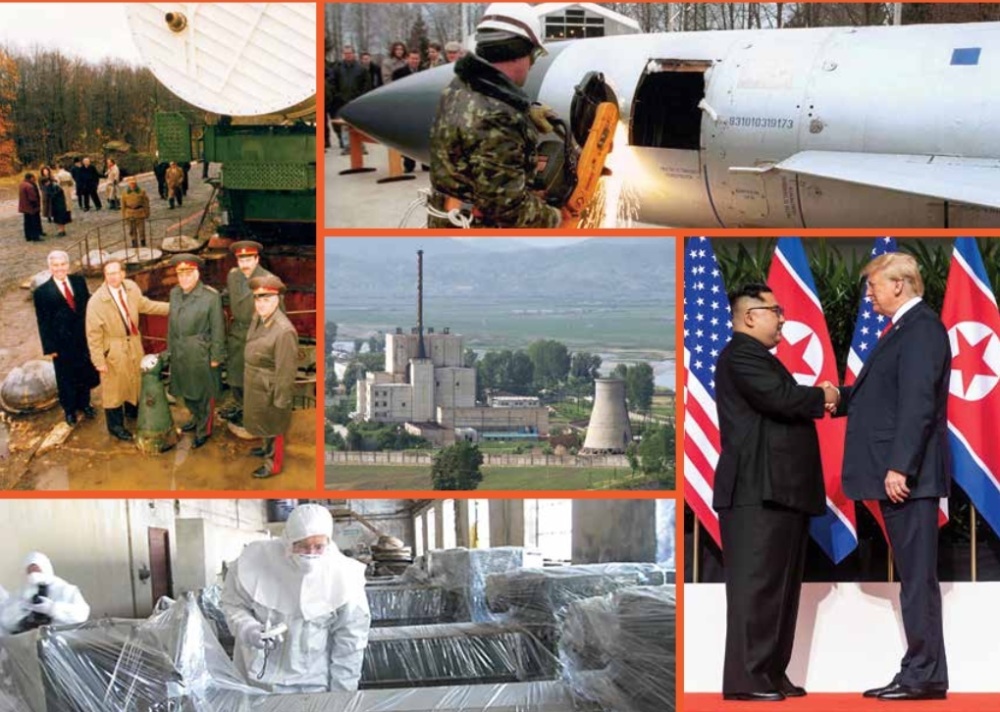
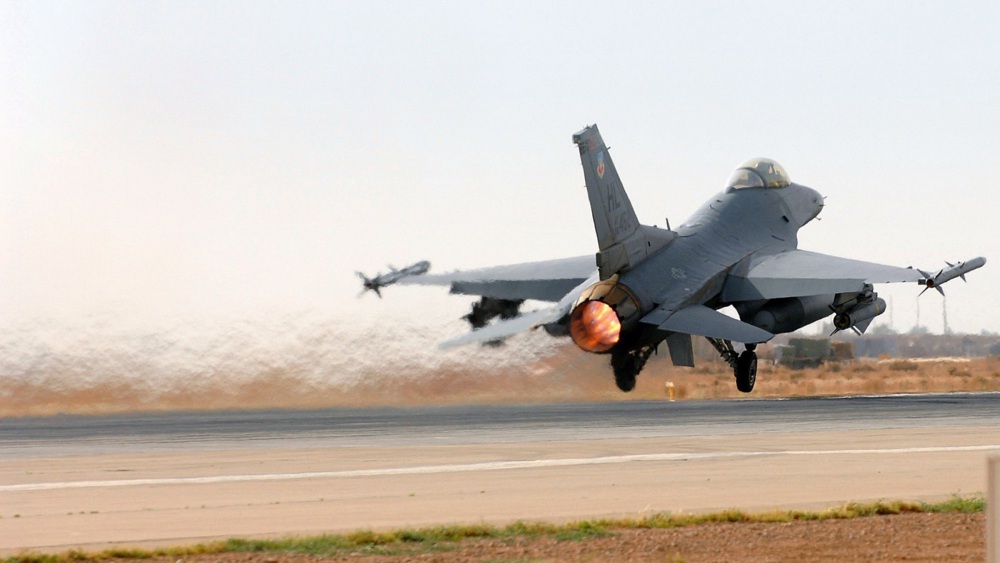

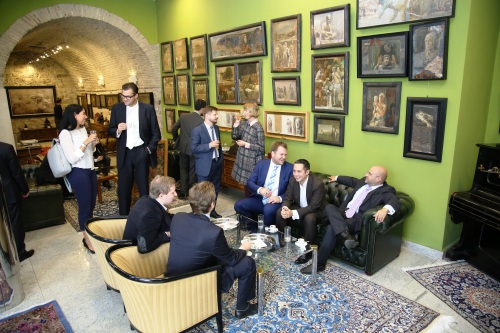 Past Project
Past Project 
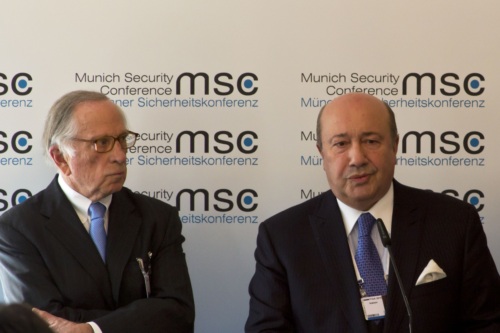
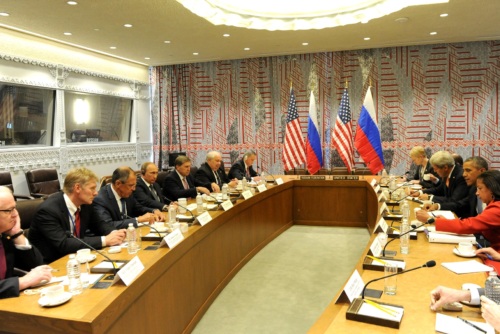 Past Project
Past Project 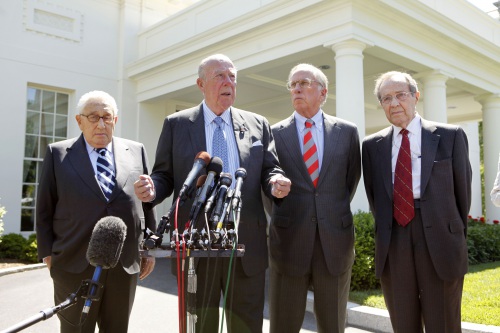 Past Project
Past Project